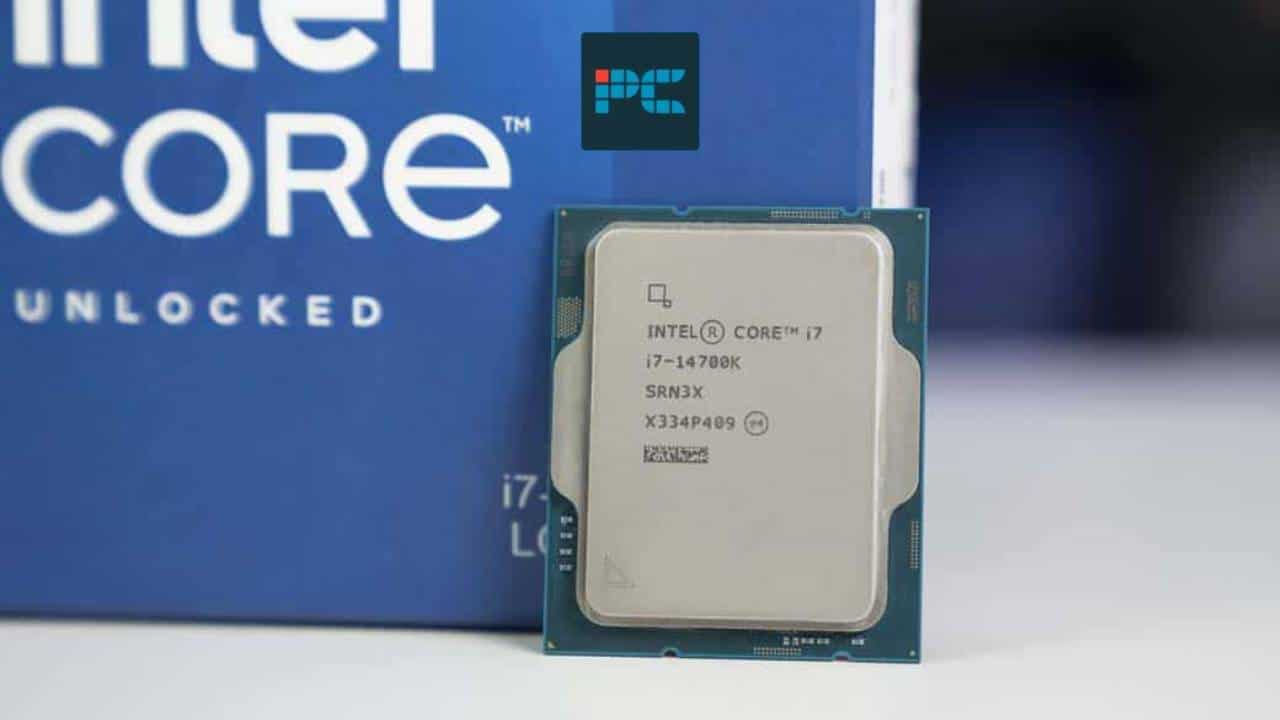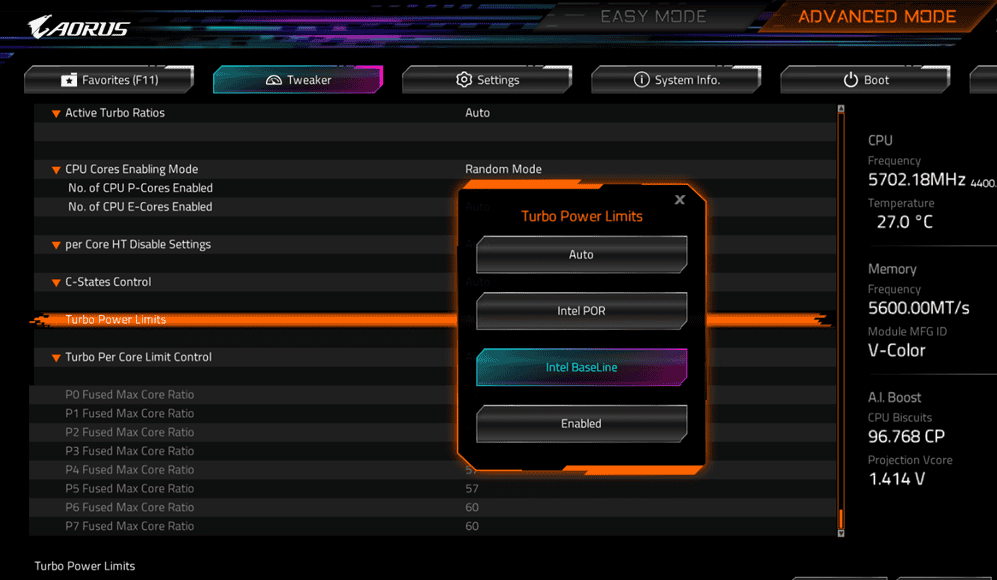Gigabyte steps in to solve Intel 13th & 14th gen CPU instability, but it comes at a cost

Table of Contents
If you’re the kind of person to tinker around with your BIOS settings to optimize performance, then you may want to know about the ‘Intel Baseline’ option, available on some Gigabyte motherboards. This setting is designed to bring stability to your system, combatting high power consumption settings on Intel 13th and 14th gen processors.
However, looks like Gigabyte has taken an aggressive approach to optimization, as Intel Core i9 CPUs are reportedly degraded to Intel Core i7 performance. In a blog post from April 26th, they boast ‘Superior Stability’, but this clearly comes at a cost that you may not be happy with.
Prime Day is finally here! Find all the biggest tech and PC deals below.
- Sapphire 11348-03-20G Pulse AMD Radeon™ RX 9070 XT Was $779 Now $739
- AMD Ryzen 7 7800X3D 8-Core, 16-Thread Desktop Processor Was $449 Now $341
- ASUS RTX™ 5060 OC Edition Graphics Card Was $379 Now $339
- LG 77-Inch Class OLED evo AI 4K C5 Series Smart TV Was $3,696 Now $2,796
- Intel® Core™ i7-14700K New Gaming Desktop Was $320.99 Now $274
- Lexar 2TB NM1090 w/HeatSink SSD PCIe Gen5x4 NVMe M.2 Was $281.97 Now $214.98
- Apple Watch Series 10 GPS + Cellular 42mm case Smartwatch Was $499.99 Now $379.99
- ASUS ROG Strix G16 (2025) 16" FHD, RTX 5060 gaming laptop Was $1,499.99 Now $1,274.99
- Apple iPad mini (A17 Pro): Apple Intelligence Was $499.99 Now $379.99
*Prices and savings subject to change. Click through to get the current prices.
Gigabyte baseline BIOS option reduces multi-thread & gaming performance
In the past few months, there have been reports of users experiencing crashes while using higher-end 13th and 14th gen CPUs such as the 13700K, 13900K, 14700K, and 14900K. The blame was placed on performance core speed and underclocking was the recommended course of action. Now Gigabyte has released the new ‘Intel Baseline’ BIOS setting to tackle the problem directly via their Z790 and B760 series motherboards. This is accessible in the latest BIOS beta version by going to the Tweaker tab > Turbo Power Limits (under Advanced CPU Settings).

While this sounds like a great idea to keep your system running smoothly, particularly for gaming, it does have an impact on your CPU’s performance. Testing done by Uniko’s Hardware shows around -30% multi-thread performance and -10% gaming performance with the BaseLine settings enabled compared to the usual Auto setting. Cinebench benchmarks reveal the following multi-core performance scores:
- Core i9-13900KF (Auto): 40,021 points (100%)
- Core i9-13900KF (BaseLine): 28,811 points (71.9%)
Having to resort to limiting the power of your CPU is less than ideal and only gives you less reason to buy one of these high-end SKUs. Ultimately, the problem lies with Intel, and while they are reportedly working on the issue, nothing has been done just yet. For now, motherboard manufacturers are having to step in and mitigate CPU-related crashes, at the cost of performance.

